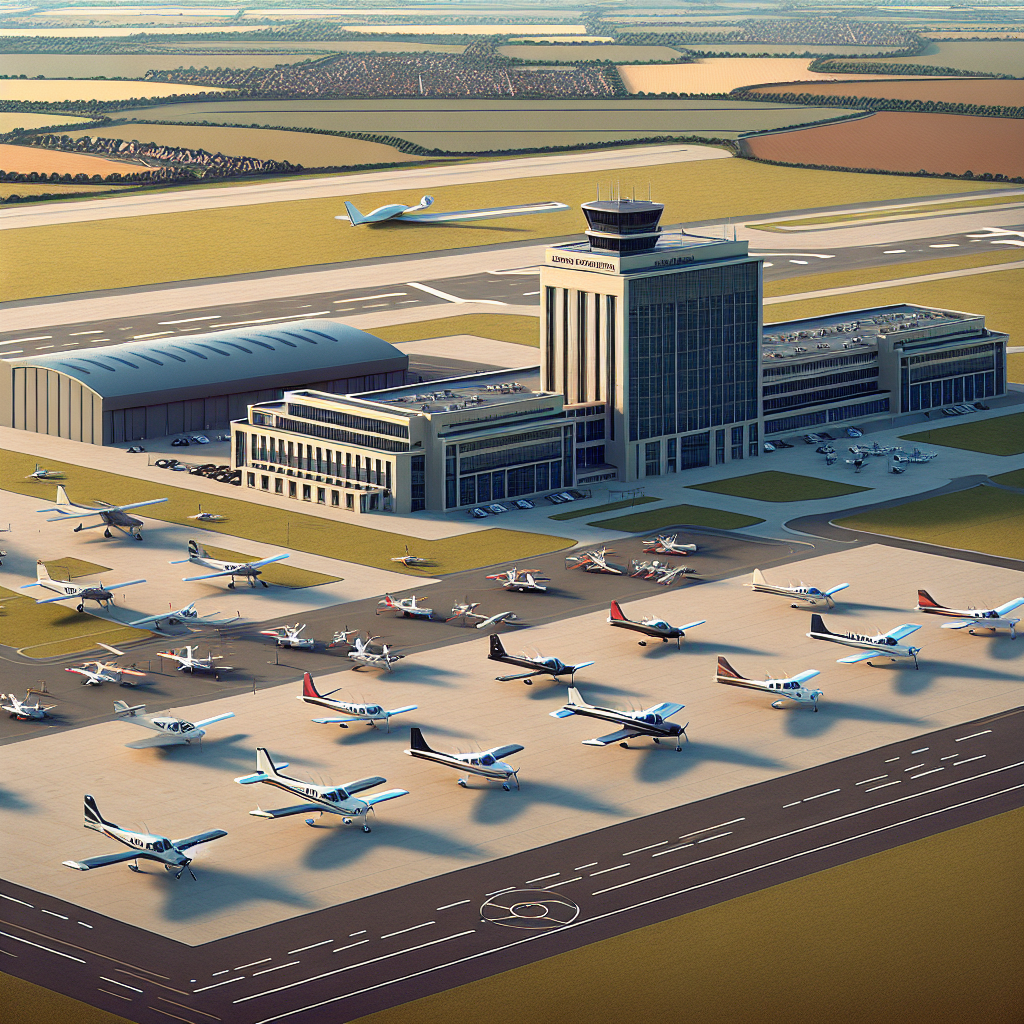Four companies will showcase their innovative ideas to use satellite data to help save nature. They each received up to £50,000 to develop their ideas and will present their projects in front of investors and experts at Brighton MET on March 28. Sussex Bay, a local project working to restore nature along the Sussex coastline, partnered with these four projects.
The initiative is funded by Innovate UK as part of the Design to Deliver programme. This programme is a collaboration between three Catapult centres: Connected Places Catapult, Digital Catapult, and Satellite Applications Catapult. It supported 12 small to medium-sized enterprises (SMEs) to develop ideas to regenerate nature, and four of these used satellite data to trial their solutions at Sussex Bay.

Dean Spears, head of Sussex Bay, said: "We are thrilled that Sussex Bay has been able to host the development of these four projects—each of which has the potential to make a difference in our fight to save nature." Catherine Greene, head of user-centred design at Satellite Applications Catapult, said: "The four SMEs selected to respond to our challenge have identified use cases in land and biodiversity regeneration which are important focuses for government, local authorities, and planners." REWILDlife by Nature of Things - Ben Peacock and Chris Ralli - are piloting an AI-powered chatbot that allows young people to 'speak' to endangered species, using real-time data and AI-driven answers.
Ben Peacock of REWILDlife said: "Our app will be for everyone, but we especially hope children and young people will engage with it, and perhaps then nudge their parents in taking action too." Map Impact is using satellite data to answer the question: how can biodiversity help us to mitigate the effects of climate change? The team, led by Chris Burnett, is particularly focused on monitoring biodiversity and climate risks over time. Mr Burnett said: "The truth is we cannot stop climate change in its tracks entirely without rapidly stopping burning fossil fuels – but if we work with nature, we can mitigate some impacts in some places.
" Data Dynamics is developing an AI-powered system called 'TreeStock' to identify individual trees, providing insights and monitoring their health, particularly to spot outbreaks of tree disease. Gregory Meyers, CEO of Data Dynamics, said: "Not only are trees beautiful but they are also critical in our fight against climate change, and we believe their potential has been undervalued." Optimal Cities, led by Silviu Pirvu and Cezar Rujan, are using satellite data to build healthier cities.
Their intention is to help planners and developers make informed decisions quickly, in order to build prosperous, greener cities for the people who live in them. Silviu Pirvu FRSA, co-founder of Optimal Cities, said: "We want to help people to be able to analyse places in a split-second so they can shape the future of their environment. "All of this new 'awareness' creates the potential for a lot more transparency and accountability, and should mean that communities can have an informed stake in the planning decisions which affect them.
" Sussex Bay is a community-driven project focused on ecological restoration along the Sussex coastline, from Selsey in the west to Camber Sands in the east. It houses the UK’s first Blue Natural Capital Lab, which attracts funding for projects aimed at restoring nature along the UK’s coasts, rivers, and waterways. These projects, each with their unique approach to nature regeneration, will be showcased on March 28, 2024, at Brighton MET, in front of an audience of investors and conservation innovators.
.
Health

Meet the start ups saving nature with space tech at The Met

Four innovative companies will showcase nature-saving solutions using satellite data at The Met Brighton on March 28 — tackling biodiversity, climate risks, tree health, and sustainable city planning















